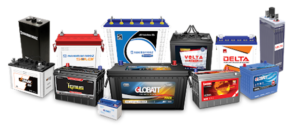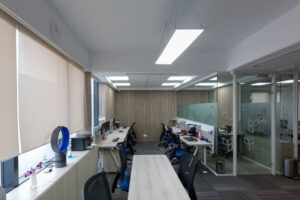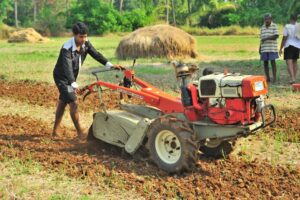Overview of the Country of Algeria
Algeria is a republic with a semi-presidential system, consisting of 58 provinces and 1,541 communes. It is widely recognized as a regional power in North Africa and a middle power in global politics. Algeria boasts the highest Human Development Index among all African countries on the continent and is one of the largest economies on the continent, primarily driven by energy exports. The country has the world’s sixteenth-largest oil reserves and the ninth-largest reserves of natural gas. Its national oil company, Sonatrach, is the largest company in Africa and a significant supplier of natural gas to Europe. Algeria’s military is one of the largest in Africa and has the highest defense budget on the continent. As a member of various organizations, such as the African Union, the Arab League, the OIC, OPEC, the United Nations, and the Arab Maghreb Union (which it helped found), Algeria takes an active part in international affairs.
Situation & Geographical Information
Did you know that Algeria is the largest country in Africa and the tenth-largest country in the world? Located in North Africa, it covers 2,381,741 square kilometers (919,595 sq mi). Algeria shares borders with Tunisia to the northeast, Libya to the east, Niger to the southeast, Mali, Mauritania, and Western Sahara to the southwest, Morocco to the west, and the Mediterranean Sea to the north.
The Maghreb region in North Africa includes Algeria, which lies between latitudes 19° and 37°N (with a small area north of 37°N and south of 19°N) and longitudes 9°W and 12°E. The coastal region is mostly hilly and sometimes mountainous, with a few natural harbors. The area from the coast to the Tell Atlas is fertile, while south of the Tell Atlas is a steppe landscape that ends with the Saharan Atlas. Farther south, you’ll find the Sahara Desert.
Population, Religion, Education & Cultures
Did you know that Algeria has a population of approximately 45,753,509 people and a population density of 17.7/km2? It is the tenth-most populous country in Africa and the 32nd-most populous country globally. Algeria is predominantly a Muslim country, but there are also Christian and Jewish minorities. About 99% of the Algerian population follows Sunni Islam. Education is mandatory for children aged six to 15. Currently, the literacy rate is at around 92.6%. Algeria has 26 universities and 67 institutions of higher education, which accommodate over a million Algerians and 80,000 foreign students as of 2008. The University of Algiers, founded in 1879, is the oldest and offers a wide range of academic disciplines.
Algeria’s literature is divided into Arabic, Tamazight, and French and has been heavily influenced by the country’s history. Algerian cuisine has a mix of cooking styles and dishes that come from traditional Arab, Amazigh, Turkish, and French cuisine. The traditional Algerian wardrobe consists of the burnous, dahabiya, kaftan, and djellaba. Berber jewelry made of silver, beads, and other materials was a significant component of Berber culture.
For more details, please Contact Us.
or, WhatsApp Us: +880 1713222363



